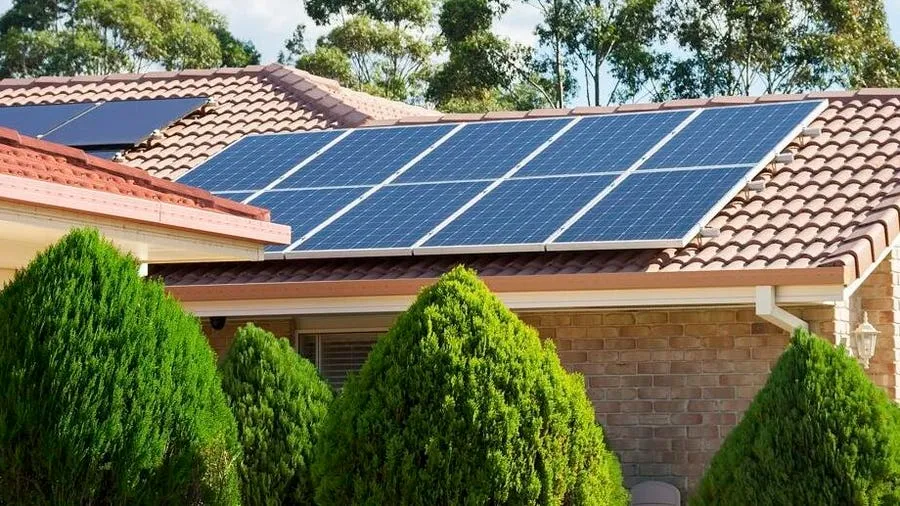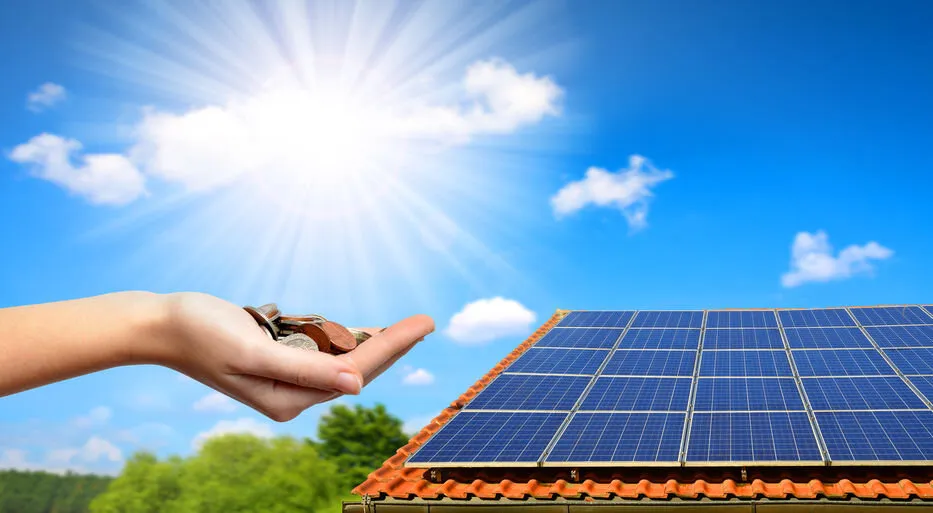What is the Purpose of Solar Panels in a Home?
As the impact of climate change is being realized, people are beginning to get concerned about the environment, therefore, so many homeowners are searching for ways of lowering their carbon footprints and this is where the solar panel comes in.

Solar panels in a home are meant to capture the sun’s power and transform it into the electricity needed by the household.
The renewable energy source itself decreases dependency on traditional fossil fuels and thus electricity bills can be a lot smaller and environmental impact is also reduced.
These panels work through photovoltaic cells with all the sun’s energy captured and stored as electricity direct current (DC) and then the generated DC power is then passed through an inverter.
It is done to produce the commonly used alternating current (AC) which can in turn be used to run appliances or for illumination purposes.
And then, what is left over of the energy from the solar panels can be accumulated in batteries for use time when there is not enough sunlight or can be sold back to the grid, receiving credits/payment from net metering programs.
How Do Solar Panels Work?
This is simply by capturing sunlight energy which in turn generates electricity via photovoltaic effect, solar panels function.
When this is done, each module of a solar panel is generally made up of several photovoltaic cells constructed from semiconductor substances like silicone.
The sun photons, when lighted up, excite the electrons in the cell that become a flow of current, which is electricity known as DC current.
It is also possible with the help of an inverter – which is a device that converts DC electricity into alternating current (AC)- which is named so in that this type of electricity is used in households and buildings, making that conversion.
The AC power reaches every household and is used to drive appliances, lighting, and other electronic devices at home.
Lastly, solar panels are typically located on the rooftops or in open-spaced places where maximum light receives over the day. This leads to the panels to perform successfully and could soon supply our energy needs.
Are Solar Panels Worth it?

On a ranging scale, it really is beneficial so the answer to this could be a positive one. For some homeowners, the decision to install solar panels can be justifiable by factors such as location, household electricity bills, availability of incentives and the equipment’s size.
Here are some key points to consider:
1. Cost Savings: Solar panels can be very helpful in turning down electricity bills in the long term with the presence of high fuel rates, plentiful sunshine.
2. Environmental Impact: Using solar energy means we move away from shunning fossil fuels which consequently brings about a fall in our carbon emissions and as such permanent creation of a greener footprint.
3. Return on Investment (ROI): The initial investment on solar panels could be quite high, however, the payback period and benefits endowed by government grants or subsidies will definitely ensure that the ROI will be positive as you continue using the system.
4. Property Value: Solar panels can make the property more appealing and drive up its value. Its attraction increases in areas where eco-friendly features have higher demand.
5. Maintenance and Durability: Having to be only very little managed and with their lifespan as much as 25 years or even more, solar panels open up an opportunity of constant supply of renewable energy.
Despite all odds, circumstances may change from one person to the next, so,, before deciding on the installation of solar panels, we should first carry out a cost-benefit analysis and seek assistance from solar experts.
Can Solar Panels Work at Night?
The output of the solar panel is fixed at night as it is operating in the sunshine so the answer to your question is a no.
Installed on the roof, these panels basically transform sunlight into electrical energy with the use of photovoltaic cells. The photons will excite electrons at the cell’s surfaces, thus, creating a popularity of electricity during the day.
Unlike the daytime, at the end of which the abandoned day, there is no sunlight to convert the panels to energy. Now, during the day, the solar-powered system stores excess energy in batteries to ensure backup power supply at night.
These batteries store this power generated during the daytime, which in turn is utilized during the night or when the sunlight does not shine brightly. On the other hand, some solar-powered homes could be grid-connected.
By this, electricity from the grid can sufficiently complement solar production when there is less solar energy generation like during the night. This way, storage support or grid functionality helps with the delivery of electricity even when sunlight is absent.
